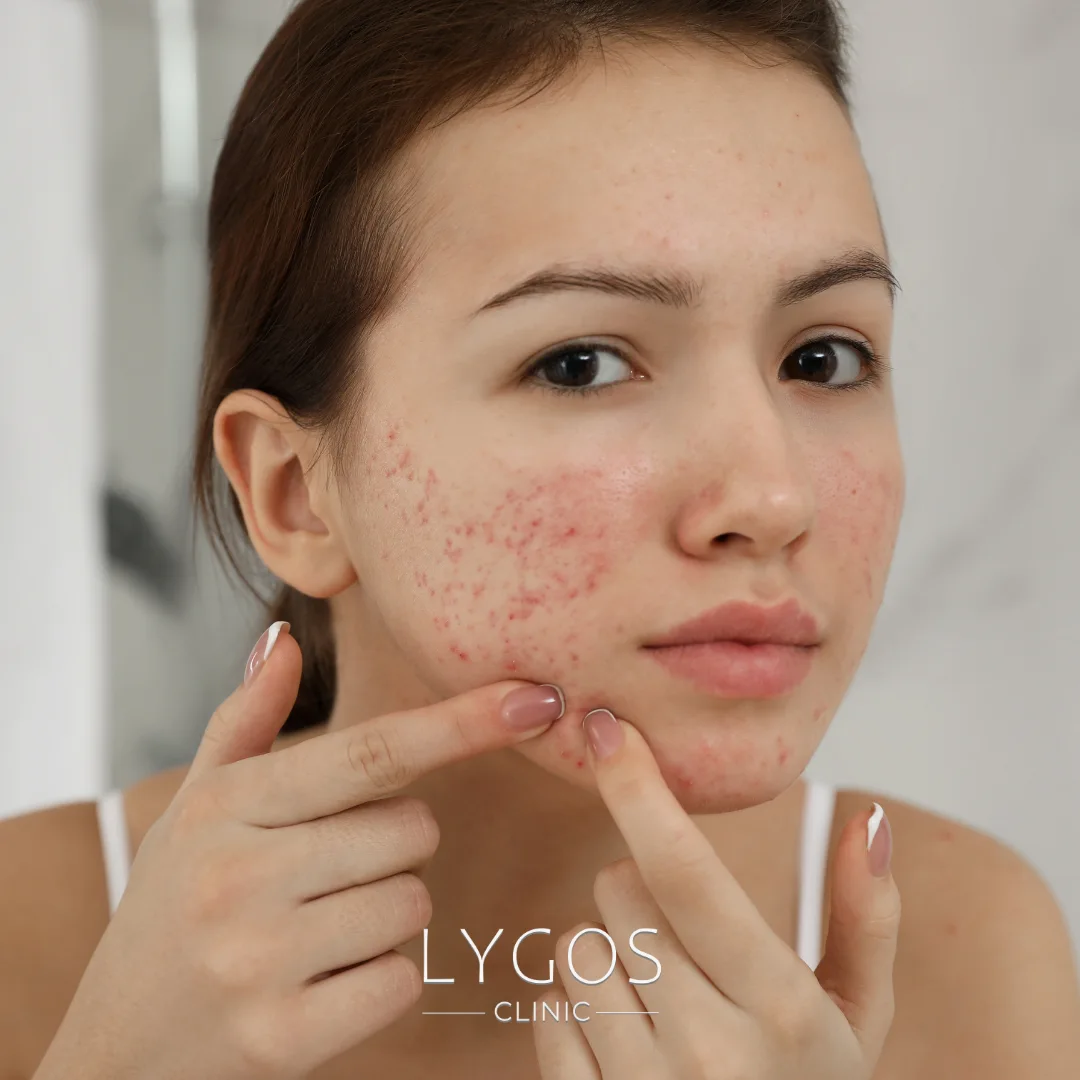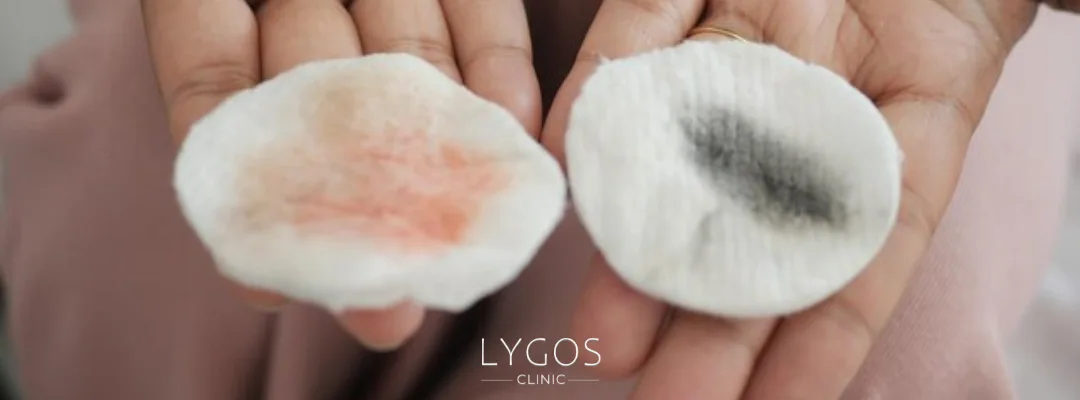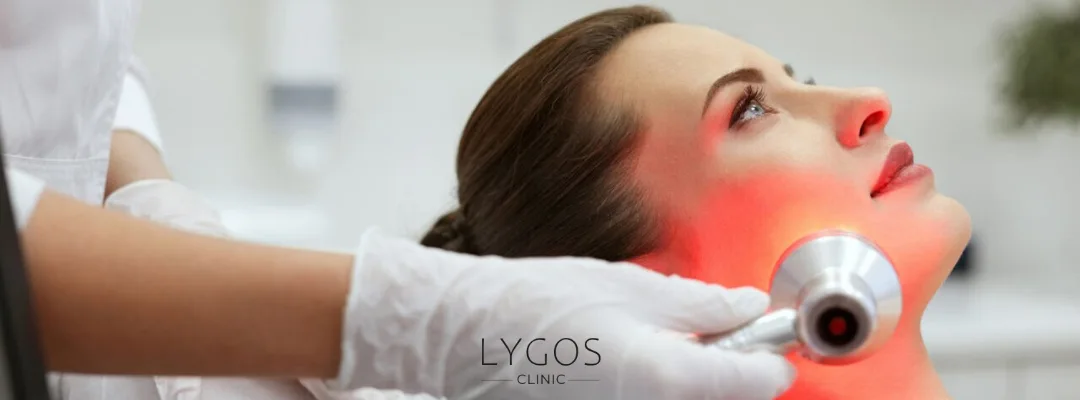What Are the Causes of Persistent Acne?

Chose Your Topic
What Are the Causes of Persistent Acne?
Although acne is often associated with adolescence, many adults also struggle with this skin problem. Sometimes, maintaining a regular skincare routine or using high-quality products may not be enough to completely eliminate acne. At this point, the question “What are the causes of persistent acne?” naturally comes to mind. There can be many different factors behind the signals the skin sends, and identifying these factors correctly is critical for an effective treatment process. This is why the question “What are the causes of persistent acne?” is frequently researched both by experts and those dealing with this issue.
In some people, acne appears only periodically, while in others it can last for years, becoming stubborn and bothersome. In such cases, acne may not be limited only to the face but may also appear widely on the back, shoulders, and chest. Therefore, finding a clear and comprehensive answer to “What are the causes of persistent acne?” is very important for both getting the acne under control and preventing its recurrence. The answer to this question is one of the fundamental steps in creating a personalized treatment plan.

The Most Common Underlying Causes of Persistent Acne
Persistent acne is usually not caused by a single factor. In most people, several different factors act together. Here are the most common causes:
Genetic predisposition: If long-lasting acne runs in the family, your likelihood of experiencing it increases.
Excess sebum production: In oily skin types, pores can become clogged easily, leading to chronic acne.
Stress and irregular sleep: These raise cortisol levels, which triggers acne.
Incorrect skincare products: Comedogenic (pore-clogging) ingredients delay healing.
Insufficient water intake: Slows down skin renewal, causing acne to last longer.
Poor hygiene or excessive cleansing: Poor hygiene clogs pores, while excessive cleansing weakens the skin barrier.
Makeup residue: Improperly removed makeup promotes bacterial buildup.
How Does Hormonal Imbalance Affect Acne?
Hormonal changes are among the strongest factors in acne formation. Puberty, menstrual cycles, pregnancy, menopause, and thyroid disorders can all affect hormone balance. In particular, an increase in testosterone stimulates the oil glands to produce more sebum, which paves the way for clogged pores. For this reason, many people naturally seek answers to the question “What are the causes of persistent acne?” Hormonal acne tends to appear stubbornly around the chin, neck, and jawline.
Do Eating Habits Affect Acne Formation?
The foods we consume directly impact skin health. Sugary foods, products made with white flour, excessive dairy consumption, and processed foods can raise insulin levels and disrupt hormonal balance. This can trigger acne. Improper eating habits play a significant role in those who frequently search for “What are the causes of persistent acne?” Therefore, when looking for answers to this question, it is important to also evaluate eating habits.
Additionally, insufficient water intake, excessive salt consumption, and a diet low in omega-3 fats can increase acne formation. For healthy skin, balanced eating, antioxidant intake, and adequate hydration are highly valuable.
Why Does Acne Persist Even After Professional Treatments?

In some cases, acne may not improve even with dermatological treatment. Possible reasons include:
Irregular adherence to treatment: Not applying creams, medications, or procedures consistently reduces their effectiveness.
Incorrect diagnosis: If the root cause is hormonal or metabolic, incorrect diagnosis can lead to treatment failure.
Products not suitable for skin type: Using the wrong products during treatment can hinder healing.
Stress: Stress hormones slow down the treatment process and may cause new acne.
Neglecting diet: Sugar, dairy, and processed foods can trigger acne despite treatment.
Gut health issues: Digestive disorders increase inflammation, making acne resistant.
Untreated hormonal imbalances: Conditions like PCOS or thyroid disorders, especially in women, can make treatment difficult.
When Should You See a Dermatologist?
If acne lasts longer than a few weeks, becomes painful or inflamed, or starts to leave scars, you should definitely see a dermatologist. At this point, the question “What are the causes of persistent acne?” becomes significant again. If home routines are not working, consulting a specialist without delay is very important. The true cause of acne can only be determined through a professional examination.
Effective Treatment Methods for Persistent Acne

Various treatment options are available for stubborn and long-lasting acne. The most effective methods include:
Topical retinoids: They open up pores, reduce existing acne, and prevent new breakouts.
Antibiotic creams or oral antibiotics: Control bacteria-related inflammation.
Chemical peels: Renew the skin, reducing both active acne and acne scars.
Laser and light therapies: Blue light, in particular, is very effective against acne-causing bacteria.
Hormonal treatments: Birth control pills or anti-androgen medications can reduce hormonal acne in women.
Adjusting the diet: Reducing sugar, dairy, and processed foods visibly improves the skin.
Products that strengthen the skin barrier: Ingredients like niacinamide, hyaluronic acid, and ceramides support the healing process.
Despite being frustrating, acne can be fully controlled with proper treatment and consistent skincare. The key is first understanding “What are the causes of persistent acne?” Adjusting personal care habits, improving diet, and seeking dermatological support can help you get rid of long-lasting acne.
What Are the Causes of Persistent Acne? Frequently Asked Questions (FAQ)
Persistent acne usually results from multiple factors such as hormonal imbalance, incorrect product use, stress, dietary mistakes, or genetic predisposition. Finding the underlying cause is crucial for treatment.
Sugary foods, foods made with white flour, excessive dairy intake, processed foods, and fast food can trigger acne.
Yes. Drinking enough water supports skin renewal and helps maintain balanced skin. However, water alone cannot eliminate all acne.
No. Over-washing can damage the skin barrier and cause the skin to produce even more oil, worsening acne. Gentle cleansing twice a day is enough.
Using comedogenic products or not removing makeup properly can speed up acne formation. Choosing the right products and cleansing well can reduce this problem.



